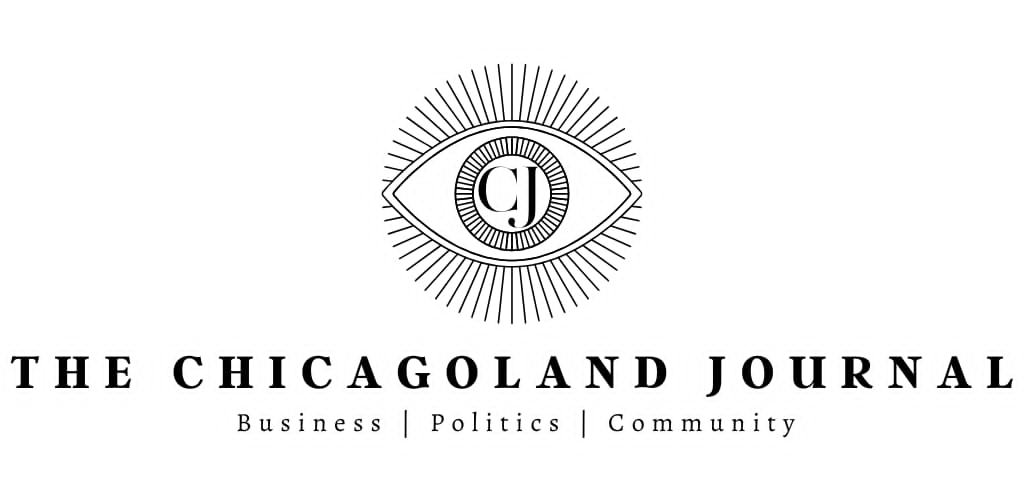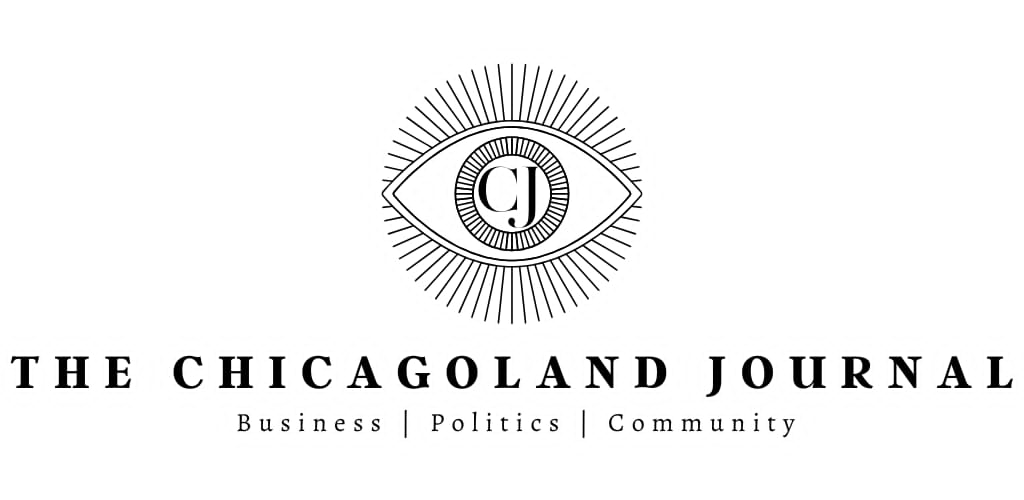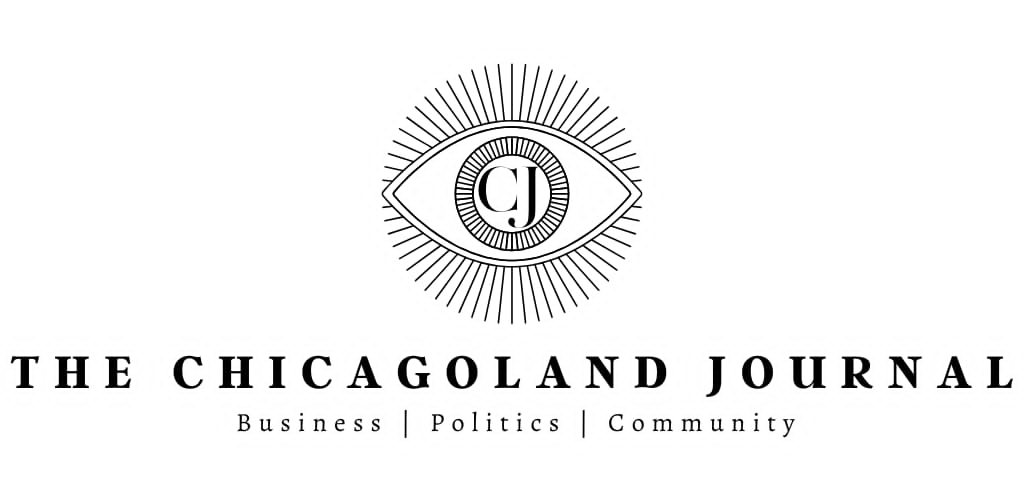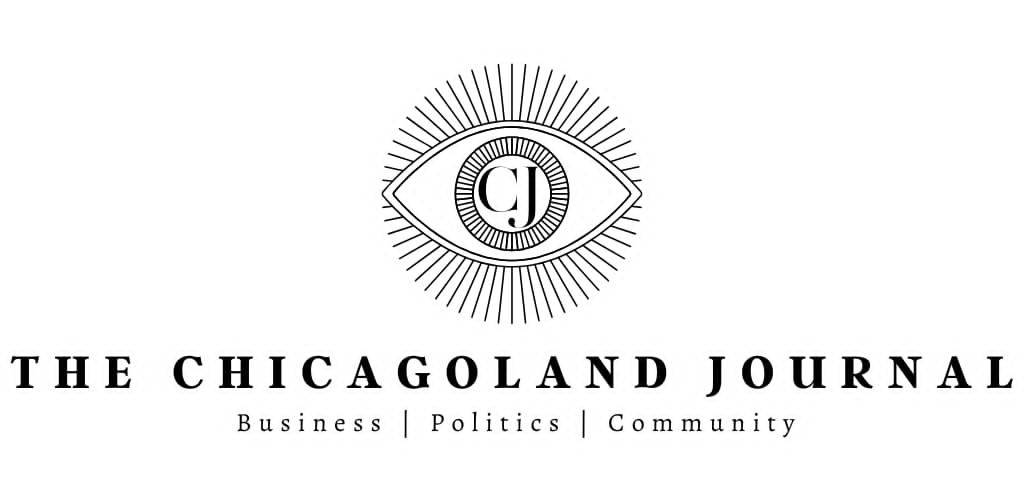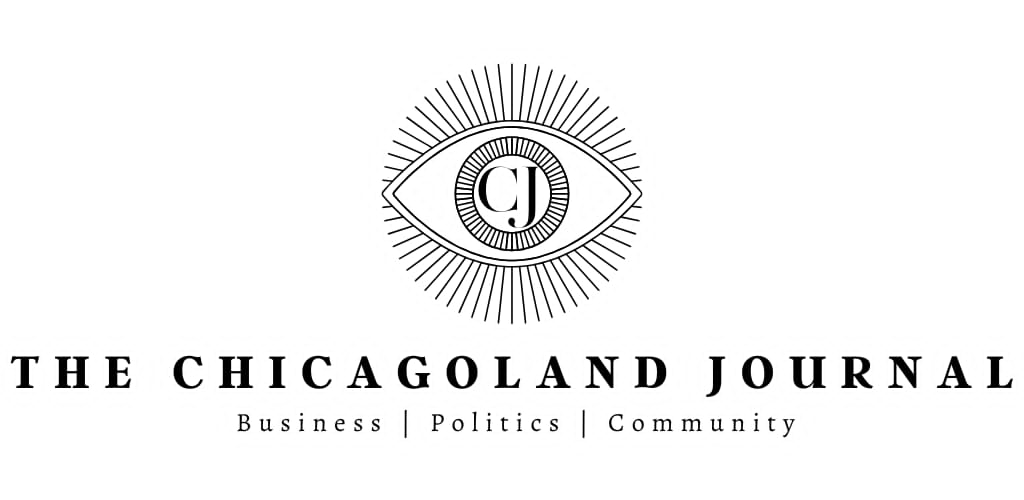![]()
Governor Pritzker Signs Illinois Worker Freedom of Speech Act Into Law (Rosemont, IL) – Joined by AFL-CIO President Liz Shuler and Illinois AFL-CIO President Tim Drea, Gov. JB Pritzker signed the Illinois Worker Freedom of Speech Act into law Wednesday at the state federation’s convention. The new law makes Illinois the eighth state to bar employers from requiring workers to attend mandatory political and religious meetings at work, known as “captive audience” meetings that often take the form of anti-union rhetoric.
“People go to work to work, not to be indoctrinated. Now, workers will not have to choose between their livelihood and personal values when employers use mandatory meetings to advance their political and religious interests,” stated Illinois AFL-CIO President Tim Drea. “Today’s bill signing represents a new chapter for Illinois where all workers can feel safe at work and choose to walk away from unwanted political, religious or anti-union rhetoric without fear of retaliation. We are grateful to Governor Pritzker for standing with workers and demonstrating his commitment to workplace fairness.”
The legislation was the top priority for the Illinois AFL-CIO in the 2024 legislative session. New York, Connecticut, Minnesota, Maine, Oregon, Vermont and Washington have passed similar laws protecting workers’ freedom of speech. The laws protect workers from having to hear or read offensive or unwanted political and religious speech unrelated to job tasks or performance.
“I congratulate the Illinois AFL-CIO and its allies on this tremendous victory for working people,” said AFL-CIO President Liz Shuler. “This new law will ensure that workers are protected from being compelled to listen to their employers’ opinions on political or religious matters on the job. These coercive captive audience meetings have no place in workplaces. We commend the Illinois legislature for passing this bill and Governor Pritzker for signing this important protection into law.”
Although Section 8 of the National Labor Relations Act (NLRA) strictly prohibits employers from interfering with the formation of a union, captive audience meetings have been called a “license to coerce” and “an anomaly in labor law, inconsistent with the [National Labor Relations] Act’s protection of employees’ free choice,” by National Labor Relations Board General Counsel Jennifer Abruzzo.
“Captive audience meetings are another egregious method to ‘union-bust’ and put money into the pockets of CEOs at the expense of workers,” explained Illinois AFL-CIO Secretary-Treasurer Pat Devaney. “We know that unions raise the standard of working conditions, increase wages, and decrease inequality. This legislation puts power and choice back into the hands of workers.”
Captive audience meetings are the employer-preferred method of union busting. An Economic Policy Institute analysis of National Labor Relations Board (NLRB) elections documents shows that 89% of all employers conduct captive audience meetings in response to unionization efforts. Furthermore, the use of captive audience meetings caused the average union election win rate to fall as low as 47%.
“I remember how captive-audience meetings scared my coworkers and I when we were organizing the union at our hotel. It was awful,” recounted Latonia Marshall, a Room Attendant at the Blackstone Hotel in Chicago and Executive Board member of UNITE HERE Local 1. “This law will help protect workers who are standing up for themselves. I’m proud of the State of Illinois and our labor movement for making this happen.”
Legislation to protect workers from coercive speech is particularly important for Black, immigrant, disabled, formerly incarcerated, LGBTQ+, and other groups of workers who have historically faced unequal treatment and discrimination in the labor market. According to the Economic Policy Institute, structural racism and discrimination in the form of systematically higher unemployment rates, higher job search costs, lower wages, and greater tolerance for unfair treatment put these workers in a disadvantaged position to resist employer abuses.
“The Worker Freedom of Speech Act demonstrates our state’s and the labor movement’s commitment to protecting the rights of LGBTQ+ workers. The Act thoughtfully aligns the imperative of workplace democracy with the need for civil and collaborative places of employment that are free from harassment and discrimination,” remarked Mike Ziri, Director of Public Policy at Equality Illinois. “This legislation is essential for the LGBTQ+ community, which disproportionately experiences discrimination and harassment in workplaces. Thank you to Governor Pritzker, Leader Evans, and Senator Peters for leading on this important measure. We especially appreciate our partners at the Illinois AFL-CIO for their collaborative work on this legislation and their deep commitment to advancing and protecting the labor rights of LGBTQ+ people.”
A HuffPost investigation showed that employers spend upwards of $2,000 a day on “union-avoidance” consultants, who specialize in using captive audience meetings along with a host of other tactics designed to intimidate and instill fear in workers for the purpose of union-busting. Other sources like the Economic Policy Institute put the number at more than $400 million a year.
The Illinois legislation will give workers the right to opt out of captive audience meetings without fear of discipline or termination, in addition to including a private right of action for individual employees, and enforcement through the Illinois Department of Labor. Employers must post a notice of employee rights where employee notices are customarily placed.
The act will take effect January 1, 2025.
Governor Pritzker Signs Illinois Worker Freedom of Speech Act Into Law
